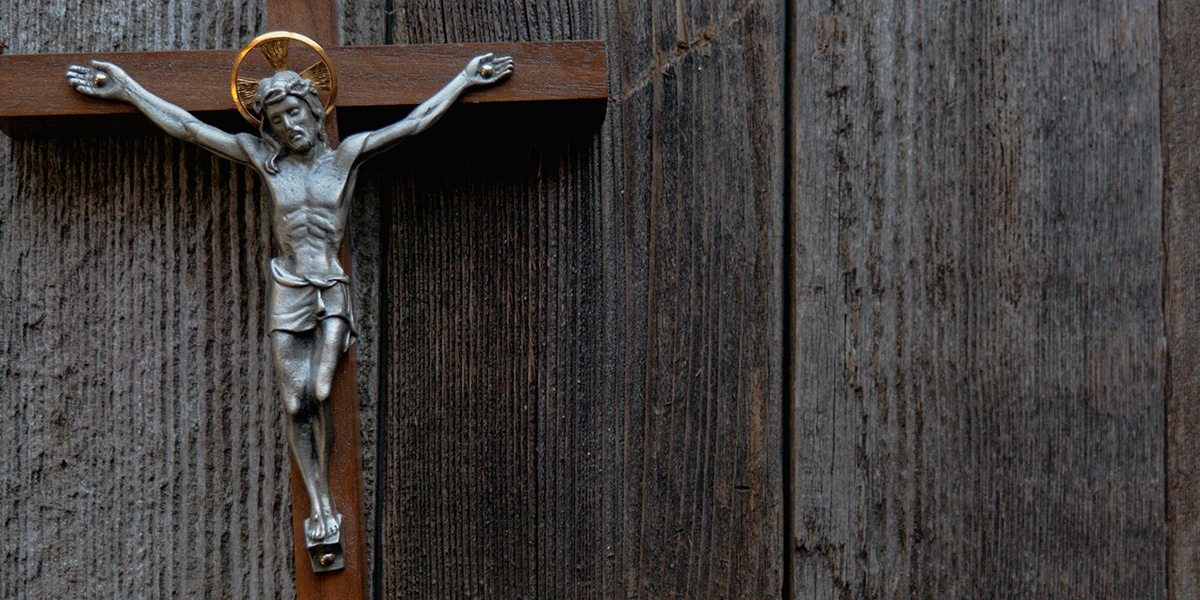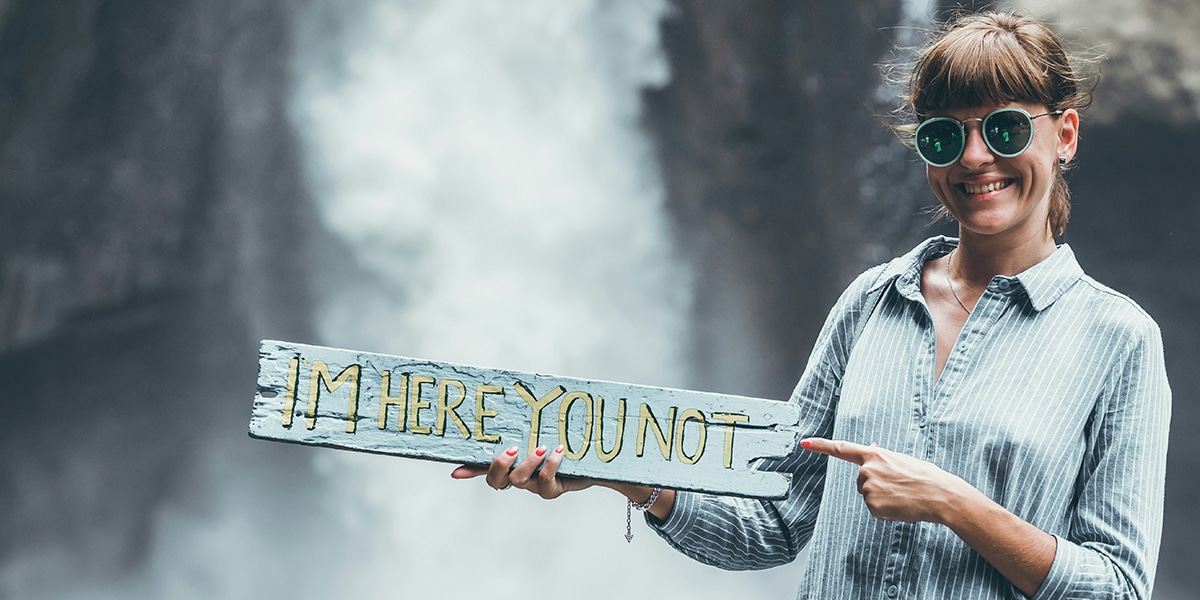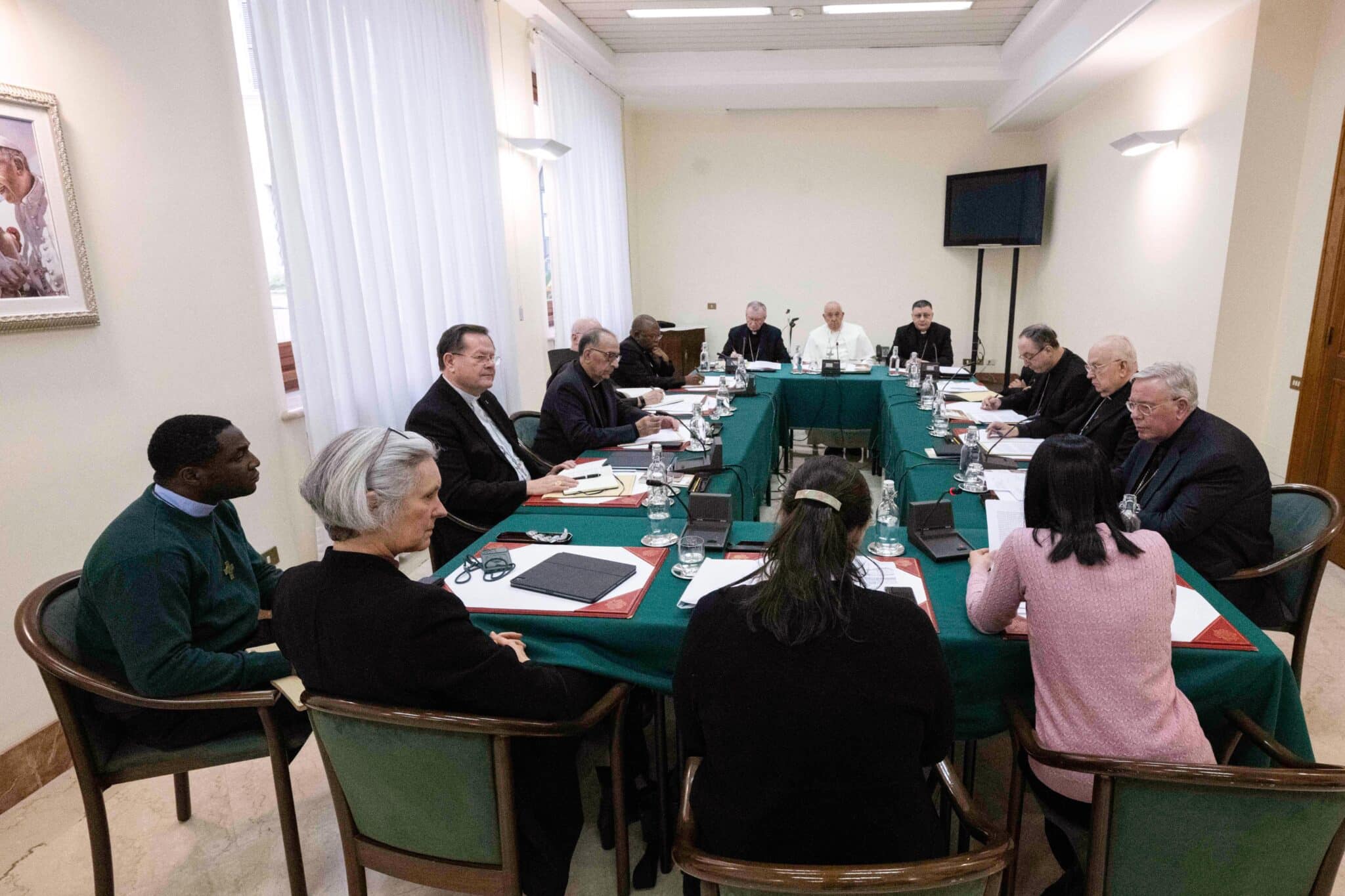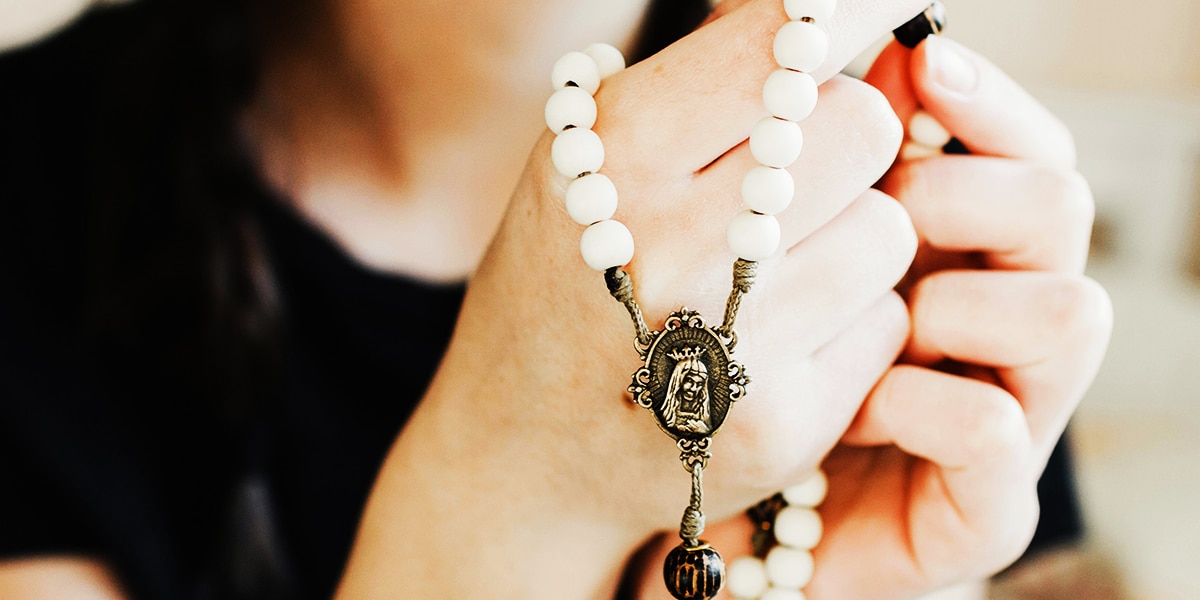Journaling is a chance to give a voice to what’s inside.
I love to write. Since I was a boy, paper and pencil have been on my list of favorite things. Now, I’ve added a nib pen. As a boy, I journaled. I still do. Some years, writing every day.
All journals have this in common: They give voice to what is inside. They become a safe space. In that way, journaling is like a sanctuary. A time and a place that allows us—gives us permission—to pause. To look inside and to embrace what is here, what is alive and well. To embrace our enoughness.
Think of this “sanctuary” space as a dose of grace; bestowing gifts upon us . . . stillness, gladness, calm, mystery, delight, discovery, learning, and peace. This resonates because it is in our DNA to be renewed, nourished, replenished, and spiritually hydrated.
So, welcome to our journaling journey, as we uncover, embrace, and savor. I’m so glad we are on this journey together.
Gratefully, life seems to ignore the script we have in our mind. And when that happens, we walk. We walk toward, or we walk away. Either way, we begin a journey—a pilgrimage to find or restore or give or heal or embrace or to forget or bury, or perhaps, just to have the deck of our world reshuffled.
In writing, we honor who we are and what is inside. We give it a voice. Journaling as self-care. And self-care is our invitation to self-love, befriending our own heart.
Even with the cleansing, soul care is owning the gift of the “not-easy-to-see” stuff. We are, every single one of us, wounded. That is a gift. We are, every single one of us, broken. And that is a gift. We are blessedly human, and we do indeed walk one another home.
Befriending our woundedness is not a solo act. Yes, I know. It doesn’t always feel that way. I look but don’t see any gift. Because I see brokenness and woundedness as impediments or disabilities, to be tidied up, overcome, or prayed away. What I don’t see is that, in the invitation to befriend my “untidy” self, is an invitation to embrace the beauty and the wonder within.
I will admit that there is comfort donning my cape, morphing into Mr. Tidy OCD, an emotional life fix-it hero. And I know why. It distracts and protects me because there’s a part of me that is afraid to pause, to befriend my scattered and wounded self. To let myself be loved for being this wonderfully messy imperfect me. Grace, it turns out, is WD-40 for the soul.
There are significant issues in our world (in my world) that invite and require investment and healing, and I want to show up. I want to bring my real self, my whole self, and spill light in any small way that I can. But today reminded me that I cannot forget, in my fixation to “make sense” of everything . . . along the way (even the messy way). I don’t want to miss the small gifts of life, the serendipitous gifts of grace, the presence of the holy, and the gentle dose of the sacred reflected in our everyday and extraordinarily ordinary world.
Our soul cannot thrive without nutrients. It becomes anemic or withered or weak. We experience a loss of creativity, joy, presence, listening, vibrancy. And an absence of peace.
Which leads to the question: What or who is feeding that part of my soul that nurtures peace and well-being? Where is that place which doesn’t require performance or manipulation or retribution? Where do we go for sustenance?
Embrace the Journey
“Life is full of beauty. Notice it,” author Ashley Smith writes. “Notice the bumblebee, the small child, and the smiling faces. Smell the rain and feel the wind. Live your life to the fullest potential, and fight for your dreams.” Really? That’s your advice, Terry?
I do know this. When we stop the noise, we make (allow) space to practice the sacrament of the present—in the specific, the mundane, the daily, and the particular. I am here—to see, to listen, to touch, to give, to heal. And the first person to tell about it is yourself. That’s why you journal. I know that’s why I journal.
However, like anything available to replenish us, to help us grow, and to walk us toward maturity, our Western mindset intervenes with anxious questions. Does this journaling come with instructions? (Hoping, I’m sure, there is something less vexing than what comes with any IKEA project.) Our Western mindset gets in the way and wants to find the agenda first. What do I get from this? There must be a payoff.
But here’s the deal: Life isn’t a contest. Or a test. Or a beauty pageant.
Who knows? You just may find a new you. Or, more importantly, rediscover the you that has been buried under the clutter and press of the hectic. One that is more aware, present, energized, real, authentic, and fully alive. The journey is not only about what we do. It is about what we don’t do. What if I become a better me, not by addition, but by subtraction?
OK. You still want an agenda? I can’t do any better than Mary Oliver’s words: “Pause. Pay attention. Be astonished. Tell about it.”
It helps to know that catharsis is a good thing, to write without editing, letting go of the question, “Am I doing it right?” Here’s a new word for you: balter. It means to dance with no need for polish or public opinion. Think of journaling as baltering with a pen in hand. Free to doodle or draw or paint.
Become Like a Child
Speaking of pause. It helps to remember that there are two kinds of pause. One is passive—be still. Catch my breath. I breathe out. The other is active pausing; I am attentive. I am conscious in this moment. I own and take responsibility for this life. This day. This moment. I breathe in.
Then I write what I see, hear, taste, touch, and smell, just to tell myself about it. Enjoy the journey. Enjoy the wonder. Which is why I like to think of the journaling as dedication to the child within us: Because like it or not, our childhood stays with us forever, regardless of our age. And I hope that we do, at times, continue to behave childlike. (Jesus seemed to think it was a good thing—something about entering the kingdom of heaven and all that.)
Childlike behavior may even help one to stay pure at heart and to live life simply. Simplicity is always a wonderful thing because it invites us to live smack-dab in the middle of the present moment. To embrace the sacrament of the present. It just may be that we’re not childlike enough.
So I Googled childlike. The first two pages referred me to articles or sites about “childishness.” Go figure. We still haven’t moved past that? I remember when I was young I was encouraged (maybe persuaded?) to grow up, to be an adult. To give up my childlike ways. But since when did childlike become a jeopardy or a hazard?
Harry Chapin introduced the song “Flowers Are Red” by telling the story of his secretary’s son. Her kindergartner son brought home a report card that read: “Your son marches to the beat of a different drummer. By the end of the year, he’ll be like everyone else.”
My friend Ed tells me this story. His mom said that one day he was sent home with a note that read: “It’s not that Eddie is not doing well in school. It’s that the things he does well in, we don’t give grades in.” Now we’re talking.
You know, like sparking laughter or reaching for a surge of joy. Sitting on the grass and maybe even rolling in it. Putting on some music and dancing unabashed. Or baltering if it’s your style. Running through a sprinkler. Celebrating the colors of the rainbow. Tell me what you feel, what makes you smile real big, what makes your heart glad. And tell me the names of people who are a part of that journey with you. Remember this: That child within never left you.
Learn to Saunter
Franciscan teacher John Duns Scotus helps here. He tells us that God did not create genus and species. God only created “thisness ” (in Latin haecceitas). He said that until we can experience each thing in its specific thisness, we will not easily experience the joy and ubiquity of divine presence. Thisness: to embrace (and be embraced by) the sacrament of the present moment, the here and now in all its ordinariness and particularity. In other words, I can’t be present in general. I’m invited to be present to this person, this conversation or event or conundrum. Right here, right now.
Thisness invites savoring and gives birth to wholeheartedness, joy, empathy, compassion, and connection. In the sacrament of the present, fear and striving do not own us, and we welcome our imperfect parts. When everything must be weighed and measured to be of value, down the road, (gratefully) something snaps.
While I sit on the back deck, the sun sets over the Kitsap Peninsula (the expanse of land west of Seattle and Puget Sound). The sky, as if batter poured from a pitcher, turns an effluence of slate blue and vermilion. Spires of hemlock are backlit and silhouetted like hand puppets on an immense screen. I stand for some unknown reason, singing, “Jeremiah was a bullfrog. Was a good friend of mine . . .” at the top of my lungs and do a little boogie with my dog, Conroy, who hasn’t the foggiest idea what’s come over me but is a sucker for a party and plays along nonetheless.
I let the moment melt around me before I gain my composure and give myself some sort of reality check: a quiz requiring justification for what I’m feeling and why. And then it hits me. I can’t tell a soul about my dance at twilight without coming face-to-face with who I was pretending not to be and the energy it required to maintain that image.
When I lived in Southern California, I spent three days a month at a Benedictine monastery out in the high desert. It was my periodic trek to a place where I could slow down long enough to pay attention. Truth is, I wanted to learn how to be alone with myself and like it because I wasn’t very good at that. And I wanted to learn how to be alone with God and like it because I wasn’t very good at that either.
On one visit, a friend asked one of the monks, “What exactly do you do here?”
“We pray,” the monk replied simply.
“No, really,” my friend persisted. “I mean besides that. What do you really do?”
“It is enough just to pray,” the monk told my friend.
“It is enough,” I tell my dog, standing on the deck absorbing the summer sky, “just to boogie.” Just to boogie under the inexplicable marbled canopy of dusk. Just to feel your lungs swell and your heart flutter. Just to cheer the sun as it sets and not give a damn about some need to fight back the tears, standing spellbound in the salty prism for twilight rainbows.
Thisness.
Not a bad way to start a conversation. “Where did you find or embrace thisness—the gift of enough—today?”








